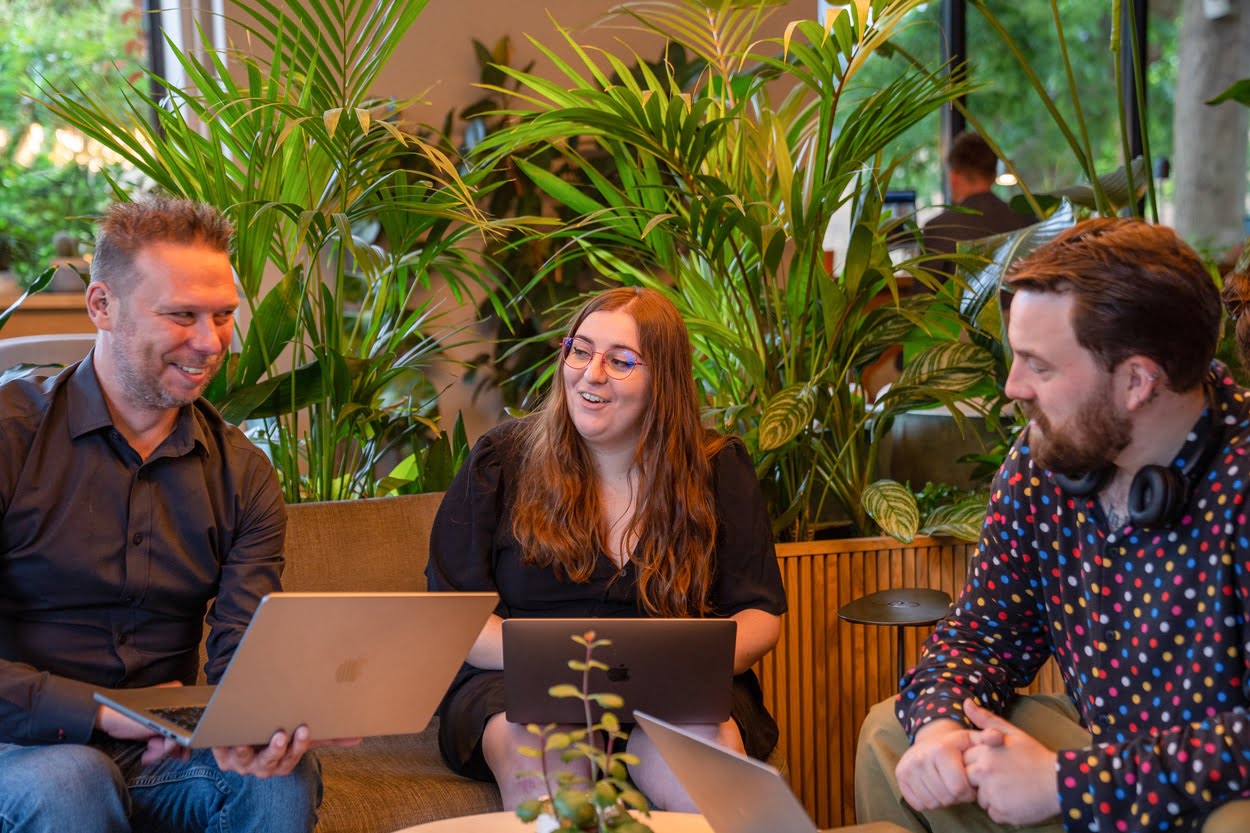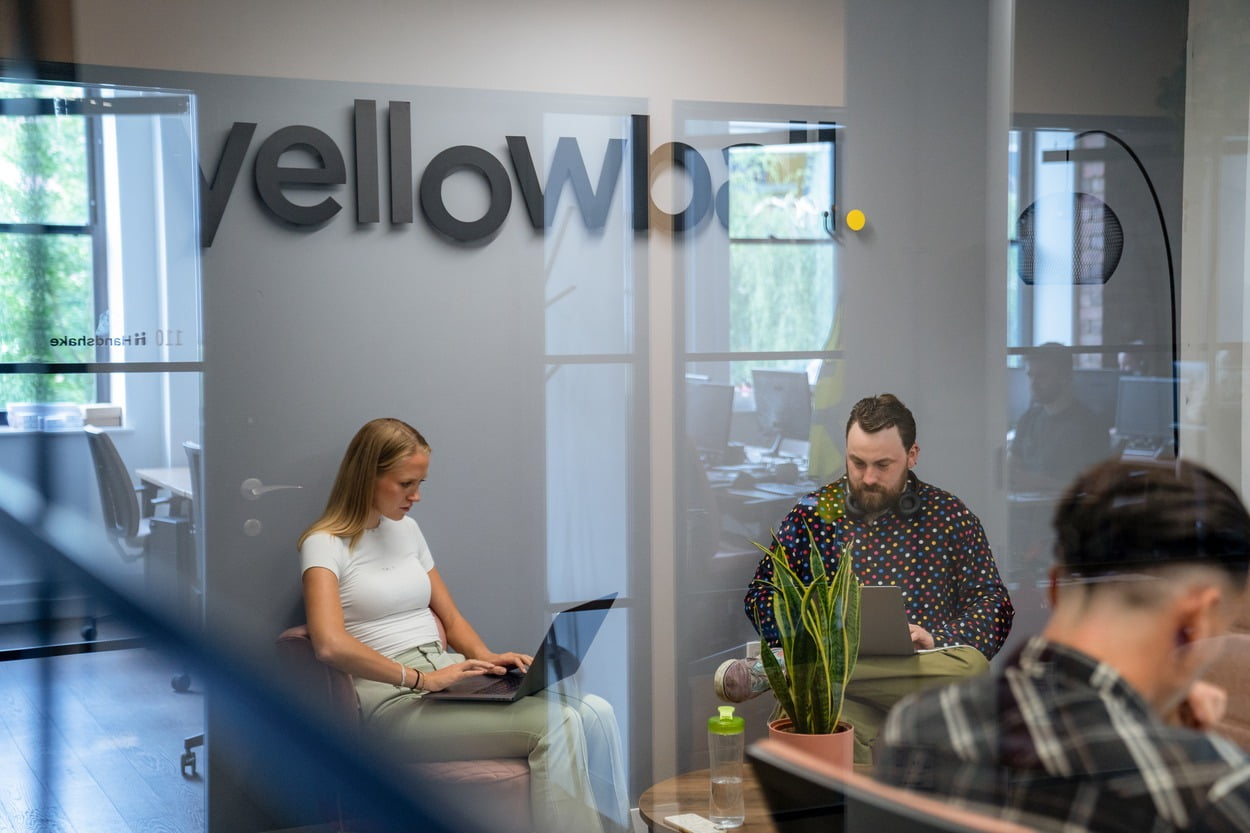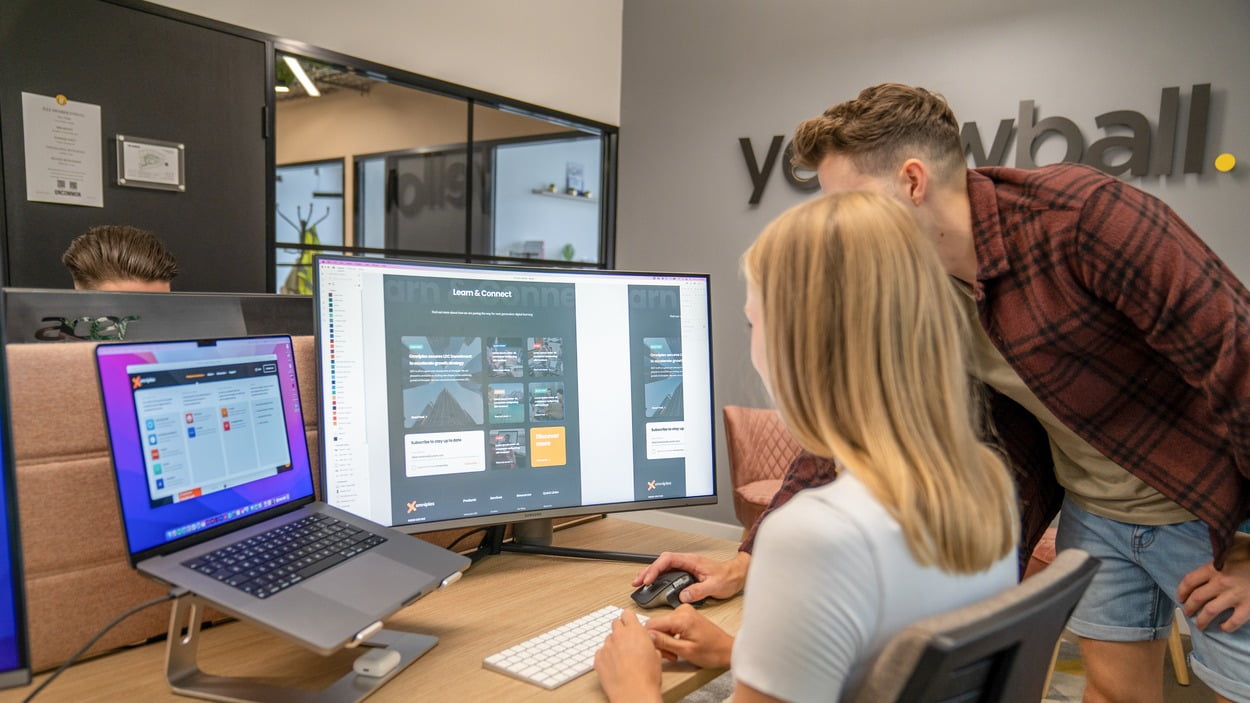We often get asked whether social media has any effect on SEO; unfortunately the answer is not a straightforward ‘yes’ or ‘no’ in this case. There are a range of different opinions bumping around on the web, so in this post we will aim to debunk the myths and explain how you can ensure your social media strategy complements your SEO.
A good place to start is with the response from the Google behemoth themselves. Google has previously confirmed back in 2014 that social media is not a ranking factor in SEO. I know what you’re thinking – great, there’s my answer, no need to read anymore of this article and I can go back to conquering the world. Well, I’m afraid not. Your social media presence (namely the number of likes or followers you have) may not be a ranking factor but there are a whole myriad of ways in which social media can affect your SEO output. Furthermore with Google’s firehose API into Twitter and the continued growth of social media within everyone’s lives, it is not as clean cut as a simple ‘no’ as to whether social is a ranking factor or not.
As marketers, we know more than anyone that social media is a powerful weapon in your marketing arsenal. So why would Google choose to ignore social signals in their algorithm? Simply because Google cannot verify the authenticity of social media posts. The risk of providing subpar posts for search engine users is too high to justify including them.
“If a bad article blows up on social, Google won’t be able to apply its algorithms to see if it’s a quality web page because they can’t index it. They don’t want to have clickbait, low-quality articles show up in search engine results pages.” – Jeff Baker, Brafton Director of Digital Marketing Strategy
Please do not take this as encouragement to dismiss social altogether – social media is an effective marketing tool in its own right but here we will consider its relation to SEO.
Link generation
There is no doubt that social media is a valuable method of increasing the visibility of your brand. Regular sharing of high quality content across your social media channels will increase the number of people consuming your content. As a result, you are also increasing the likelihood of people linking to your content organically. It is therefore a fantastic way of generating natural links, thereby boosting your link-building successes.
In order for people to naturally share and link to your website, you need to be producing exceptional content. We always hark on about value and relevancy in relation to content creation, but these factors really are key in executing a successful content strategy that organically feeds your link-building. Although social media can be a great way of boosting link generation, it should not be a substitute for a link-building strategy; simply add it as another string to your marketing bow…or does that now become a harp?
Networking opportunities
Social networks also provide gateways to both thought-leaders and consumers within your industry. These people may be willing to share your content on their own social channels – an effective strategy for amplification and boosting the profile of your content. Focus on building connections and relationships with these people so you can nudge them to share your content. This is also likely to open the door to guest blogging opportunities, which will be advantageous to your link-building.
Aside from connecting with thought-leaders, social media is generally a great way of engaging with your customers. Combine outstanding content with social amplification and loyal customers will begin to spread the word organically. This syndication across multiple platforms and users builds brand credibility and aids the generation of links – it is a win-win situation.
Increasing visibility in SERPs
Although Google may not use social signals as ranking factors, social profiles and posts do appear in the SERPs. Often the Facebook, Twitter or LinkedIn page of a business is one of the top results returned and it is therefore important to ensure that your social media presence is on point. Your social media profiles provide a more informal and personal insight into your brand, which can help consumers to relate and invest in your business.
“Facebook and Twitter pages are treated like any other pages in our web index, and so if something occurs on Twitter or occurs on Facebook and we’re able to crawl it then we can return that in our search results.” Matt Cutts, Google
If your social media presence is not up-to-date or is of a poor standard then this could deter potential customers from engaging with your brand. Given that your social profiles are likely to appear in the SERPs when someone is searching for you via a search engine, you need to ensure they are getting the best possible user experience.
Another kind of search engine
Finally, it is worth considering social media platforms as search engines in themselves. People often turn to these platforms for the latest information and trending news – think of it as a kind of social SEO. If you need anymore convincing that social media platforms are alternate search engines, consider that Facebook sees 2 billion searches per day.
Naturally the types of queries entered will be different, given that social media is where people go to engage in conversations and share ideas, rather than find an answer to a question. This is worth bearing in mind when writing the copy to accompany your social media posts. Just like you would with a blog article, your posts need to be optimised to ensure the best possible visibility and click-through rate.
Quick tips for optimising your social posts
- Push out high quality, authoritative content that your users care about
- Deploy catchy headlines that will make people want to click through
- Encourage engagement with likes, comments and shares to increase amplification
- Don’t forget Google+ – it may not be a popular social platform but Google loves it
- Make sure that all your social media profiles include a link to your website
Conclusion
Ultimately, marketing is about building your audience, fostering valuable relationships with consumers, increasing brand awareness in a competitive marketplace and converting prospects to customers. Both SEO and social media marketing achieve these objectives; although they may operate in separate spaces, their goals and methods complement one another and marketers should be leveraging this potentially powerful combination.
Even if you’re not convinced about the weighting that Google gives to social signals, it is worth considering that Bing, the second most used search engine, has previously indicated that it takes into consideration the social profiles of a brand:
“We do look at the social authority of a user. We look at how many people you follow, how many follow you, and this can add a little weight to a listing in regular search results.”
– Bing
Either way, you need to be focussing on both social media and SEO in order to achieve the best possible results from your marketing output. Both are organic and inbound, therefore you need to ensure that they are working alongside one another.
Yellowball is a London Based SEO & Web Design Agency!

















